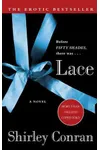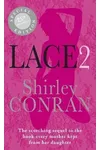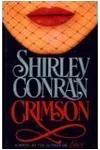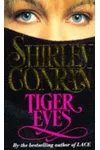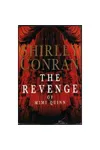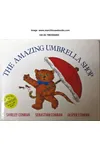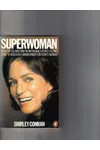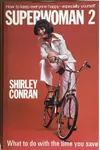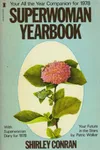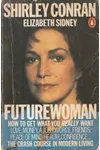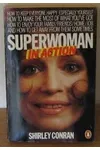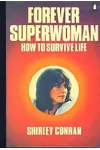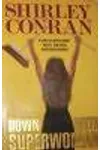Picture a British trailblazer who spun tales of empowerment and sassy sophistication—meet Shirley Conran! Born in 1932, this dynamo didn’t just write bestselling novels like Lace; she reshaped women’s media and championed female independence with wit and flair. From journalism to ‘bonkbuster’ fiction, Conran’s vibrant career is a masterclass in breaking barriers with style.
Her journey wasn’t just about penning steamy page-turners. Conran’s life was a tapestry of design, journalism, and social good, woven with a fierce commitment to women’s potential. Let’s dive into the world of a woman who taught us that life’s too short to stuff a mushroom!
The Making of Shirley Conran
Born Shirley Ida Pearce on September 21, 1932, in London, Conran’s early life was shaped by a challenging home environment, with an alcoholic father and a determined mother. Educated at St. Paul’s Girls’ School and a Swiss finishing school, she trained as a sculptor and painter before marrying design icon Terence Conran in 1955. Working as a textile designer for Conran Fabrics, she honed her creative edge, but her marriage’s end in 1962 pushed her toward a new path: writing. With two sons, Sebastian and Jasper, to support, Conran turned to journalism, becoming a powerhouse in women’s media.
Shirley Conran’s Unforgettable Stories
Conran’s writing career exploded with Superwoman (1975), a feminist self-help book that became a cultural phenomenon. Its iconic phrase, 'Life’s too short to stuff a mushroom,' captured her practical, liberating approach to housework and womanhood. The book, born from her struggles with myalgic encephalomyelitis (ME), offered women shortcuts to reclaim their time and power.
Her fiction, starting with Lace (1982), redefined the ‘bonkbuster’ genre. This spicy tale of four women and a Hollywood starlet’s shocking question—'Which one of you bitches is my mother?'—spent 13 weeks on the New York Times Bestseller List, peaking at number 6. Adapted into a hit US miniseries, Lace blended glamour, sex, and female friendship. Other novels like Savages (1987), Crimson (1992), and Tiger Eyes (1994) showcased her knack for dramatic, women-centric stories, often exploring power and resilience. Her children’s book, The Amazing Umbrella Shop (1990), co-authored with her sons, revealed a softer, playful side.
Conran’s style was bold, unapologetic, and accessible, with a journalist’s eye for detail and a storyteller’s flair for drama. Her themes—female empowerment, money, and independence—resonated deeply, making her a voice for women navigating a changing world.
Why Shirley Conran Matters
Shirley Conran’s impact transcends her books. As women’s editor for The Observer and The Daily Mail, where she launched the groundbreaking Femail section in 1968, she gave women a platform to discuss their lives beyond recipes and knitting. Her advocacy didn’t stop there. In her later years, Conran founded Maths Action and The Maths Anxiety Trust, campaigning for better math education, especially for girls, earning her a Damehood in 2023. Despite battling ME, she remained a tireless force, proving women could be their own Prince Charming.
Her legacy lives in the generations of writers and readers inspired by her fearless storytelling and feminist ethos. Conran didn’t just write stories; she sparked conversations that empowered women to demand more from life.
- Born: September 21, 1932, London, England
- Key Works: Superwoman (1975), Lace (1982), Savages (1987), Crimson (1992)
- Awards: Dame Commander of the British Empire (DBE, 2023) for services to mathematics education
Ready to discover Shirley Conran’s dazzling world? Grab Lace or Superwoman and dive into her bold, empowering stories!
